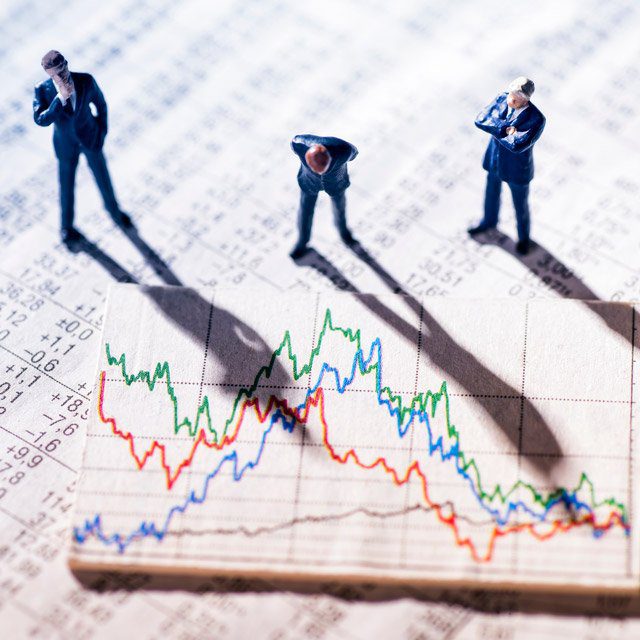Passive Funds Beat Active at Peak of COVID Crisis, Research Finds

What You Need to Know
Funds with high star ratings and ESG measures performed well in the crisis, the study found.
More active fund competition produces lower returns for the active industry, another study found.
Actively managed mutual funds significantly underperformed their passive peers during the height of the COVID-19 crisis, defying the notion that active funds do better in rocky markets, according to a University of Chicago economist.
In a recent study, Lubos Pastor, a finance professor at the Chicago Booth School of Business and director of its Center for Research in Security Prices, and a fellow researcher used Morningstar data on fund performance during March and April 2020. In mid-March that year, states started shutting down schools and businesses in efforts to stop the coronavirus from spreading.
“What we found was that active funds underperformed passive benchmarks during this crisis and by a wide margin; something like three-quarters of all funds underperformed the S&P 500 and almost 60% of them underperformed their corresponding FTSE Russell benchmarks,” Pastor said recently on Morningstar’s “The Long View” podcast.
“And this, at least to us, was somewhat surprising, because when people point to active funds’ underperformance, long-run underperformance, they often say, well, active funds underperform in the long run, but they make up for it because they perform better, they outperform in bad times, like in recessions or in crises precisely when you want them to outperform. So, this is commonly given as a justification for investing in active funds,” he added, according to a podcast transcript.
Looking at performance data from the 2020 COVID crisis period, the researchers found no support for that hypothesis, according to Pastor.
“Instead of outperforming, active funds actually underperformed by a pretty wide margin. So, that was a surprise to us,” he said.
In addition, funds that Morningstar had rated high on sustainability — environmental, social and governance standards — performed better during the crisis, as did funds with higher star ratings, Pastor said.
Star ratings on funds are Morningstar’s backward-looking measure of risk-adjusted return, relative to similar funds.




